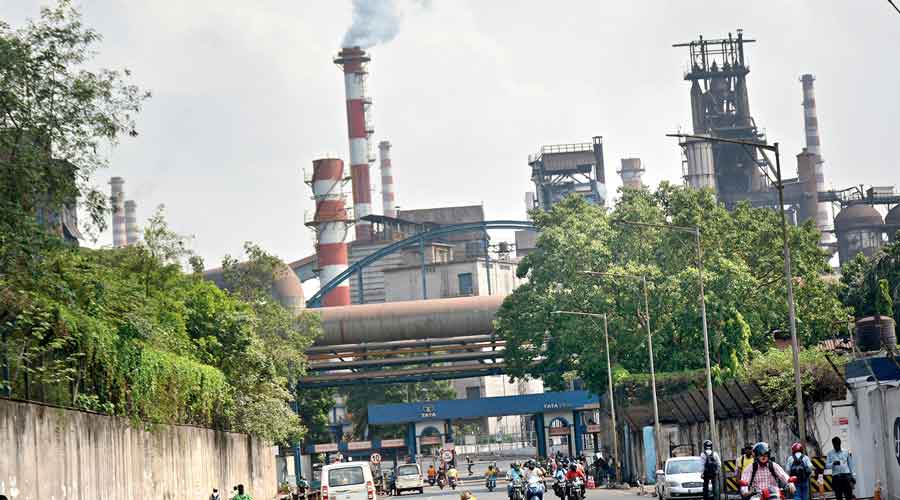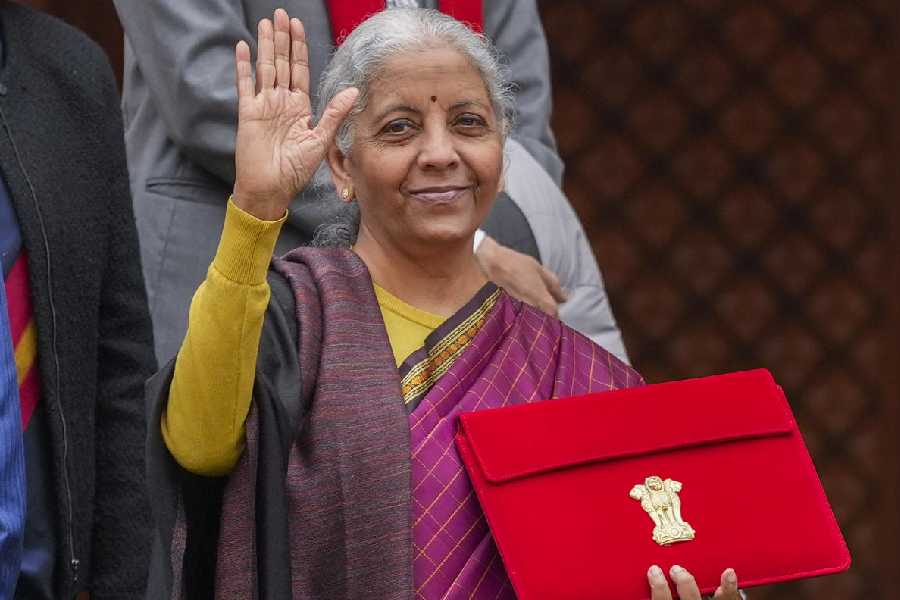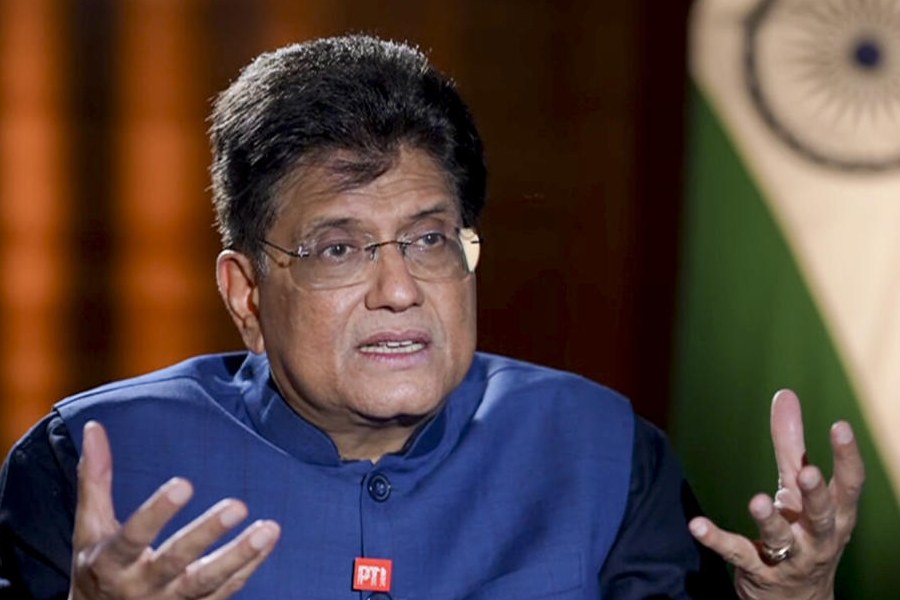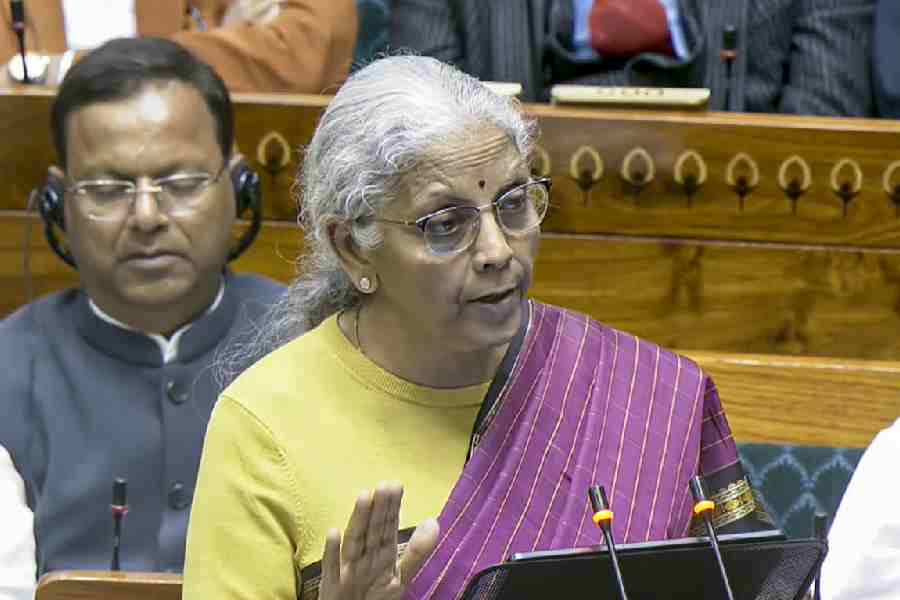Tata Steel has initiated a “first-of-its-kind” trial for continuous injection of coal bed methane (CBM) in blast furnace of its largest plant at Jamshedpur to reduce carbon emission.
Company sources said the process was part of the larger effort to enable hydrogen-based sustainable steel production and a step towards achieving the company’s vision of net zero emissions.
Tata Steel has two manufacturing plants in India — at Jamshedpur in Jharkhand and Kalinganagar in Odisha.
“The trial for continuous injection of CBM in one of the blast furnaces (E blast furnace) at Jamshedpur Works began earlier this week, making it the first such instance in the world where a steel company has used CBM as injectant,” a communique from Tata Steel stated on Friday.
The communique added that the process was expected to reduce the coke rate by 10kg/thm, which will be equivalent to reducing 33kg of carbon dioxide per tonne of crude steel.
The trial will take place over the next few weeks. The technology, design and development of the entire system at E blast furnace for facilitating CBM injection has been done by the in-house team of Tata Steel.
Tata Steel vice-president technology and new materials business, Debashish Bhattacharjee, said: “The conversations around climate change have gained unprecedented momentum in the recent years.
“Given this imperative, the steel industry, also considered hard to abate, too will need to urgently explore sustainable options to mitigate its environmental footprint.
“At Tata Steel, we are on a journey to decarbonise and this initiative is yet another step towards this objective. We will continue to innovate and make investments to transition towards sustainable manufacturing.”
Tata Steel vice-president iron making, Uttam Singh, said: “Technologies to decarbonise steel at scale are not ready yet. Tata Steel has undertaken various technology initiatives, including pilots and trials, to explore new and scalable solutions for decarbonisation.
“The initiative of CBM injection in blast furnaces will provide us with useful insights into blast furnace operation with hydrogen-based injectants and help reduce emissions.
“We are on a mission to bring down the carbon dioxide emissions to 1.8 tonnes of CO2 per tonne of crude steel by 2030.”
This trial will help in quantification of the reduction in coke rate used in the blast furnace and its impact on productivity besides providing useful insights into the operation of blast furnaces with hydrogen-based injectants.
These insights will be used to design a framework for future sustainable operations of blast furnaces with greener fuels containing more hydrogen.
CBM primarily contains 98 per cent of methane along with traces of other gases extracted from underground coal reservoirs. India has abundant resources of CBM with the eastern region of the country being the major source.
This provides a promising opportunity logistically and economically to leverage the use of CBM for injection purposes.
“Tata Steel is continuously investing in breakthrough technologies to achieve the highest environmental performance standards through process improvements, efficient raw materials and resource management, higher utilisation of by-products and lifecycle assessments of products.
“In pursuit of sustainability, the company commissioned the country’s first steel recycling plant in Haryana, commenced using electric vehicles for transporting of finished steel, and set up India’s first plant for CO2 capture from blast furnace gas at Jamshedpur,” the communiqué added.











